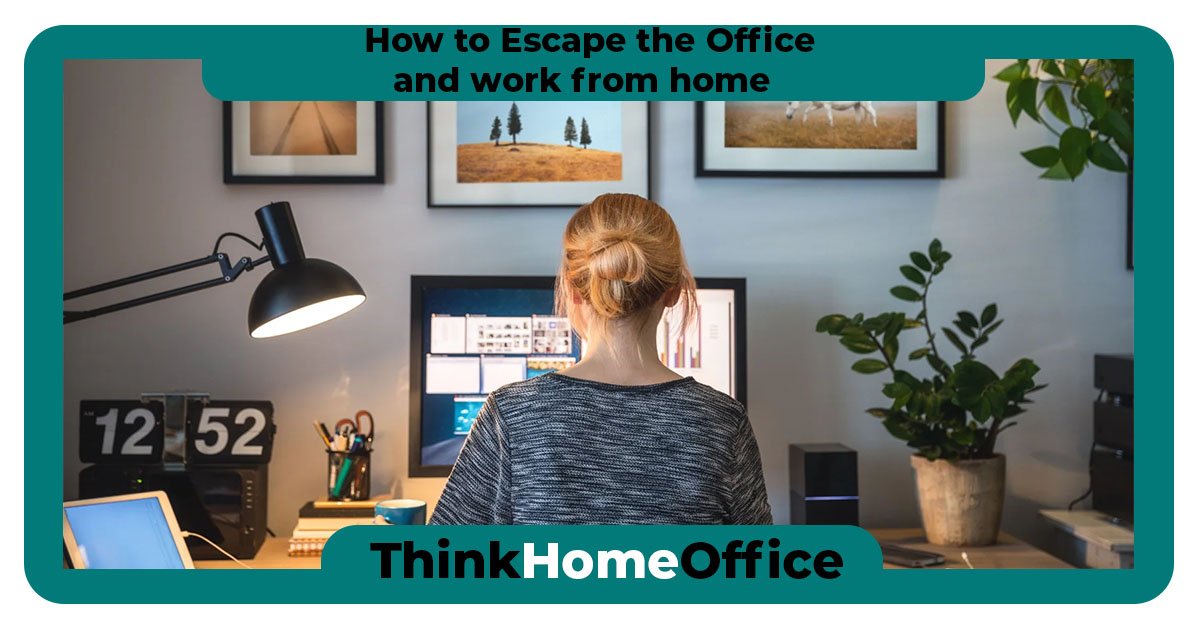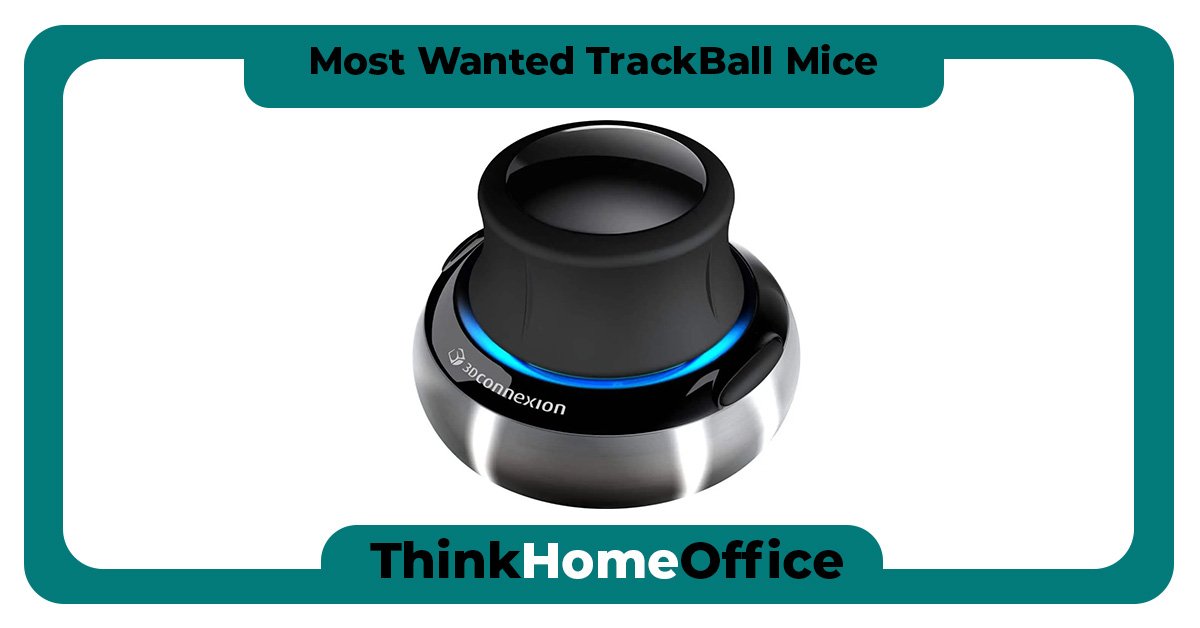We all want to live the dream…
Following your dream of working from home can be a great way to find financial freedom without having to sacrifice the time you want to spend with your family. Whether you’re looking for the courage to finally make the move, want to skip the commute, or just feel like you should strike out on your own.
For some it can be intimidating and sometimes confusing when trying to achieve working from home effectively. This can be especially difficult if this is your first ‘go’ at it.
There is no question that working from home is a growing market. The billion-dollar industry continues to grow as more and more people look for flexible working, a comfortable work-place, work schedule, and location. Furthermore, in our modern connected world where epidemics can become far more easily spread – as we see with Covid, then hitting the ‘reset’ button on where we work may just help to protect us all.
If you’re looking for an honest, realistic picture of what it’s really like to work from home, then welcome… you’ve come to the right place.
That’s why we put together this ultimate guide to escape from the office and begin working from home. We want to give you actionable advice that will help you decide whether working from home is right for you, and if so, how to make it work as well as possible for you and your business.
So what are you waiting for?
Why is it better to work from home?
When you’re a freelancer who works from home, you have the freedom to choose your own hours, which means you can get things done during peak productivity hours, like mornings and evenings. Ideal if you’re a night owl!
Working from home gives you all of the benefits of working in an office, but without having to deal with other employees. If you want to take a break from working, that’s fine. No one is going to tell you it’s time to go home or check back in tomorrow.
Though, in a lot of cases you may need to adhere to the office timetable if you work for a company remotely. That may mean no lazy days in Pajamas if you do Video conferencing!
Then there’s the main benefit, time!
You have no commute! Sure, it’s a waste of time and, when you think about it, commuting is actually kind of stressful. You’re always worried about getting stuck in traffic, missing the train or bus or whatever else is taking you to where you need to be.
The biggest win must surely be the fact that you can claim that time back – no need to drive, walk to the train, bus station or underground. No sitting there, or standing there while you’re in transit. No onward journey to your place of work. That time is yours, to either start earlier, or spend it with your family.
Benefits include:
- Possibly be your own boss
- Save on transportation costs & vehicle wear
- Work your own hours at your own pace
- No workplace distractions
- Set up your workspace/ environment as you want it
- More time for family/ hobbies
- Less chance of catching infections (It may become a way of life!)
If you’re convinced, have some reservations or not sure where to start – ask yourself these questions:
- Do I work well independently?
- Am I self-motivated?
- Can I manage my time effectively?
If you answered yes to all three, great! You’re probably a good candidate for working from home. If not, this job might not be for you.
How to find a flexible working arrangement
Flexible working arrangements are becoming more and more popular as the workforce shifts to a more globalized market. If you want to find a flexible working arrangement from home, here are some steps you can take:
- Find the type of work you love
- Figure out what kind of schedule you want
- Look for companies that offer flexible work schedules and remote workers
- Consider subcontracting
If you are already employed, the first step in finding a flexible working arrangement is to have a discussion with your manager. This way, you can get the manager’s approval and make sure you’re on the same page about how you’ll be working from home.
If you’re unable to make arrangements directly with your manager, try talking to Human Resources or your department head. Be prepared to describe why you would like a flexible working arrangement, how it will help improve your performance at work, and what type of schedule you would prefer.
Keep in mind that schedule flexibility means more than just working from home on day X, Y, & Z per week. It should also include being able to work different hours and taking some time off when needed. You may need to prove to the company that you can maintain good performance while having a flexible schedule.
How to get started working from home
So, you want to work from home. For the purposes of this guide lets’s assume that you have the opportunity to do so from your current employer, or you are lucky enough to either be self-employed or are about to embark on a journey with a new enterprise.
The path to success is paved with many a failed attempt.
That said, if you really want it, then you can do it! You’re going to make mistakes and likely end up not getting the experience you desire in every regard, but stick with it.
To help you out, here are some tips for working from home…
Get yourself organized
Figure out what kind of work environment will work for you. Do you need to be surrounded by other people? What about nature sounds? Maybe there’s no distraction better than the soft roar of a vacuum cleaner in the background? Maybe you’ll be fine with a room full of cats?
Do you have the perfect room in your home that you wish to work from, if not, do you have an external building that you can use..? Figure that out first, before you get started on the rest of it.
The best tools for working at home
We’ve put together a list of the essential tools for working at home. We have them all in our home offices. But, what works for us, may not work for you. Consider the tools we highlight below and assess if they’d be right for you.
- A standing desk. A standing desk helps improve circulation and reduce back pain from sitting too long. It also keeps you alert and ready to go throughout the day. Though this may not be everyone’s choice, so consider a desk that can be raised so you have the option of both sitting and standing throughout your working day.
- A quality chair is a must. Choose an ergonomically well designed chair that is sympathetic to prolonged periods of use. This is to either prevent, or ease any back, shoulder or neck issues. It will also make your work-life far more comfortable to aid a more productive experience.
- Have you got the IT equipment you need? A Personal Computer/ Laptop, Monitors, Web-Cam, networking and data storage equipment are a must in the modern workspace.
- Do you have the right peripheral devices you need? The right Keyboard and Mouse, the wrong ones can lead to to fatigue and RSI (Repetitive Strain Injuries).
- Do you have the right software – it can be an expensive overhead.
- Do you need other pieces of equipment, such as Footrests, Window Blinds or Lamps. Maybe you need think about heating or cooling devices like Radiators, Air Conditioners or Ceiling Fans.
- Do you have the equipment that may be unique to your role? You may be filling a role where customers or clients come to you, as opposed to a previous place of work. Do you have at home what you had access to previously?
Get your space organized
Organizing your workspace can be a daunting task. The materials that companies have traditionally used for this purpose are not always ideal. The result is a workspace that is not only difficult to organize, but also disorganized and cluttered.
You deserve a workspace that works FOR you, not the other way around. That’s why we created this section, to show you the headlines on getting an organized workspace.
- Ensure you have the right space – take a look at this guide which may help you find space for a home office. It is the first of two more articles which offer things to consider in your quest to work from home.
- If your current work space has all the things you need, as stated above, but is full of, or exposed to distractions; how can you ever be productive?
- Ensure you have everything you need in easy reach.
- You might think you don’t need an office or supplies, but trust us, you’ll need both. Supply yourself with everything you could possibly want, including:
- Stationary you may need – Lots and lots of post-it notes, all the pens in the world.
- A Whiteboard – depending on how you work, it can be nice to have visual prompts/ plans.
- A coffee machine! – Yep, the Caffeine kick in the butt to keep you focused! No excuses to keep going to the kitchen.
- Stay disciplined with cleanliness – don’t let it get cluttered.
- Create a workspace that keeps you motivated.

Take the leap
There may never be a ‘good time’ to take the leap into working from home, especially if this means going into employment for yourself. Sometimes you just have to take the leap. Of course, only do so if you have done a reasonable amount of planning and preparation in advance.
Please, don’t read this then quit your job!
Read it and plan.
Then plan again.
Apply your plan, as much as you can in advance. The same applies if you are employed, you still need to ensure you have the ability to do your work from home, but to a lesser extent than going out on your own.
As you progress, continue to always review and improve your plan. This is known as following an ‘Empirical’ process.
If you are employed, see if you can begin your own project whilst working from home in your own time, to gauge if you can make it a success, or even enjoy it. If you can do both then gradually phase out the day job – go part time until reaching a point where you can work fully independently and not need the financial support of your day job.
Though a hybrid method of working for yourself and an employer will give you greater financial security over going out on your own. I guess it hinges on how successful you can be working for yourself.
Whatever your situation, there comes a point when you just have to go for it.
Here is what you can do to increase your chances of success.
If you are planning on working from home, make sure you set yourself up with a clear goal. Think about what you want to accomplish while working from home and take steps to achieve those things. Write down your short-term goals in task lists so that you can achieve them one by one. As you achieve each task, reward yourself with something fun or relaxing.
- Get off to a good start by planning your work day.
- Establish a routine, know when you will experience interference that will inhibit your workflow!
- If you haven’t done so already, set up a dedicated work space.
- Take breaks – Taking breaks is important for everyone who works from home or otherwise. It helps if people are able to refresh themselves so that they can maintain focus. If it is possible, take a walk outside every once in a while or find another way to refresh yourself during the day such as reading a book or playing a video game. You will feel better if you take some time away from your workplace, and fresh air never hurt anyone!
- Boost productivity with the Pomodoro Technique – A method where you set out a task to work on and set a timer for 25 minutes, after working on the task for 25 minutes take a 5 minute refresh break. Repeat that process 4 times before taking a 20-30 minute break.
Setting effective boundaries at home
As a home-based worker, you need to set effective boundaries between your work and personal time. Here are some tips on doing just that:
- Ensure that your home office is a place where you can focus. If you have kids or pets, and it is feasible, make sure they are in a separate part of the house so that they do not interrupt your work time.
- Break down your work into measurable tasks.
- If you have a partner, make sure your partner understands you need to work during certain hours so that he / she will not interrupt you.
- Be disciplined with the use of your mobile / Cell phone – limit your access to apps such as Facebook.
- As discussed earlier, create a schedule for yourself so that you know when exactly you will be working and when it is okay to relax.
- You don’t have to agree to being on call 24/7. Employers should respect reasonable boundaries when it comes to staying available outside of office hours.
- You don’t have to agree with every request made of you while working remotely. If a task is unreasonable or unimportant, you should have the right to decline it without worrying about losing your job or upsetting your boss.
Dealing with distractions at home
If you take on some of the advice given earlier in this guide then you should be prepared, and situated yourself in a manner to deliver the work you have to. You will have accounted for when to schedule your work, to negotiate the known blockers you will face day to day.
I guess the primary lesson here is to ensure you plan for unavoidable distractions, they will happen. The neighbors dog barking, a courier knocking to ask directions, or if you can sign for a parcel. Whatever it may be, there will be something cropping up that you didn’t account for.
If you can add ‘slippage’ of a deliverable into your plan, then should the unforeseen occur, you have time to cover it. The bonus here is if you don’t need the extra allowance, then either use it at your leisure to relax, or get ahead of the game with your next piece of work.
The obvious way to deal with distractions is to prevent them before they become a nuisance.
- Remove the TV remote – after turning the TV off!
- Keep background music, or the radio on at a volume level that doesn’t interfere with your concentration. These can be a welcome distraction, if done right.
- Unless it’s used for interfacing with your company or clients, put the mobile / cell phone away.
- Take the dog out for a walk before you settle to do your work – they’ll be relaxed, and maybe have a nice nap on feet while you work.
- At the end of each day, take a moment to review what went well in your day, and what maybe didn’t – understand what stopped you being as productive as you could have been, and see how you can mitigate it occurring again. Again, follow an Empirical method.
Conclusion
Creating a home office and working from home is more complicated than you may think, but if you follow these steps, it can be done. You’ll find some things will work for you and others won’t. You may just find that it isn’t the lifestyle for you, some people get a lot from going into their place of work and interfacing with other employees.
The best way it can be done, for those new to it, is having some form of hybrid working life. One where you can either: work from home, but leverage some form of occasional interaction with others. Or one where you can operate a part-time regular job, and have your own time to run your own enterprise.
The latter being more secure, but is ideal as a launch pad you can walk away from should your own business pursuits become really successful.
Who says you can’t have your cake and eat it!
FAQ
Is working from home worth it?
Yes, it is. Like all things in life you get out what you put in. It is down to you applying your job effectively whilst working from home.
Should i work from home if pregnant?
If you can, then yes, specifically in the latter months of your pregnancy. Not having the commute, or facing the extra risk in doing the journey will reduce your stress levels.
Will work from home become the norm?
It has certainly become more normal due to the Covid epidemic, and has ‘opened the eyes’ of employers and employees alike. Both are aware now of what can and can’f be delivered with staff that work remotely.
Of course it is dependent upon what industry you are involved with, but I don’t believe we will all snap-back to the ways we worked before Covid, and with the improvement in technology; working from home will be far more acceptable and accessible.
Should i work from home when sick?
Absolutely. It may prevent your colleagues become ill.Though to add, this is based on it being an illness which means you can still be productive, and working will not worsen your condition. In every case you should notify your employer and follow their sickness policy guidelines.
Which companies work from home?
Lot’s of major companies allow you to work from home, but it is dependent upon the industry and the role. For example, technology company Microsoft may allow lots of employees to work remotely either full or part time, as their industry can be conducted that way. Staff can collaborate remotely to deliver software.
Whereas Home Depot need staff to run their stores. They have to be on premise to assist customers, re-stock, run the checkouts. However, some Home Depot staff may be able to work remotely, say those that are accountants or HR staff.
You should look at what vacancies are available and inquire if the role has scope for home working.
Can you work from home without investment?
You will most likely need to invest in some equipment to work from home effectivley. Most may already have things like Laptops, Personal Computers, Telephony and services, which they have for personal use, but they may not be adequate to use for work.
It is also very dependent on what tools are needed to work from home and whether they can be provided to those that are employed. An employer should provide their staff with equipment, or financial incentives for staff to procure it. In this regard the employer would be investing in the ability to have a workforce that can work from home.
For those that are self employed it is almost inevitable that they will have to invest in something to allow them to work from home, be that equipment, materials or services like power, telephony / internet access.






